(HNMO) - Continuing the fifth session, on the afternoon of June 10, under the chairmanship of Politburo member and National Assembly Chairman Vuong Dinh Hue, the National Assembly discussed in plenary in the hall the draft Law on Credit Institutions (amended). Many delegates were interested in handling cross-ownership related to credit institutions and said that this situation needs to be ended.
Preventing risks to the banking system
Contributing ideas to complete the draft law, delegate Trinh Xuan An ( Dong Nai delegation) said that in the questioning sessions, the Governor of the State Bank often mentioned risk prevention, and the draft law also has many regulations to prevent risks for the banking system. However, from the recent incidents related to banks in Vietnam, the delegate said that it is necessary to design additional regulations to prevent systemic risks, so that when an incident occurs, the system can effectively cope.
The delegate also paid attention to the handling of cross-ownership related to credit institutions. According to the delegate, this is a very difficult problem, the provisions in Article 55 and Article 127 in the draft are not strong enough to end the situation of cross-ownership. The solutions in the draft law are still passive and ineffective. Emphasizing that ending cross-ownership is related to publicity, transparency, and strict handling of organizations and individuals who violate the law, the delegate suggested reviewing and redesigning the model of financial supervision and inspection agencies related to banks, to solve this problem more effectively.
Delegate Nguyen Hai Trung ( Hanoi Delegation) said that cross-ownership and manipulation of group interests in the banking sector are still worrisome issues. The draft Law amending and adjusting to reduce the ownership ratio of individuals and organizations, increasing the popularity of credit institutions and expanding the scope of related subjects is necessary. However, the delegate said that the solutions mentioned in the draft are only technical solutions to limit major shareholders.
According to the delegate, it is necessary to study and supplement regulations to strengthen the role of the State Bank to limit the abuse of power by major shareholders, the right to manage and operate to manipulate the operations of credit institutions. Second, it is necessary to study and have additional measures and solutions to manage and control the circumvention of the law, using many other legal entities to stand in the name of shareholders to create large shareholder groups to operate credit institutions.
Commenting on the regulations related to providing information to specialized agencies in crime prevention and control, delegate Nguyen Hai Trung said that the regulations in the draft Law do not meet the time requirements in practice of crime prevention and control, especially the prevention and control of crimes using high technology to commit fraud in cyberspace.
The situation of crimes using cyberspace and high technology to defraud, appropriate property, gamble, organize gambling, and launder money is currently very complicated, causing particularly serious consequences. To improve the effectiveness of crime prevention and control, according to the delegate, it is necessary to issue regulations and shorten the time to provide customer account information to serve the fight against crime and the Government can study detailed regulations.
Regulations on early intervention of credit institutions
Clarifying the regulation on not implementing compulsory reserves for policy banks, delegate Pham Van Hoa (Dong Thap delegation) said that it is necessary to expand the scope of other entities with financial capacity and reputation, instead of limiting it as the draft Law stipulates to only 2 organizations that are allowed to buy and sell debt. Regarding the compulsory reserve fund, delegate Pham Van Hoa said that the regulation on the Development Investment Fund is very necessary, but the draft law has not clearly stipulated the requirements related to the level of fund allocation, conditions for establishing and operating the Fund to ensure effectiveness.
Regarding the application of early intervention measures, delegate Pham Van Hoa said that there has been no assessment to clarify the correlation between enhanced supervision and early intervention, and no special control measures to enhance the sense of responsibility. At the same time, it is necessary to regulate early intervention by credit institutions and state management agencies if cases requiring early intervention occur without initial handling measures. Therefore, the delegate proposed to add in the bill a measure to not allow credit institutions to make investments and clarify to what extent mass withdrawals require intervention by the State Bank to ensure transparency.
Regarding special loans, delegate Pham Van Hoa agreed that the provisions in the draft are very necessary to ensure the safety of the entire system and create absolute trust with customers. However, it is necessary to be clear when applying to incidents of mass withdrawals or the risk of the entire system collapsing, causing social instability.
Delegate Truong Trong Nghia (Ho Chi Minh City Delegation) said that the regulations on customer information security in Article 14 of the draft Law are not really complete. According to the delegate, everyone has the right to inviolability of private life, keeping personal and family secrets. Information about personal or family private life is guaranteed by law according to the Constitution, except in necessary cases for reasons of national defense, national security, social order and safety...
Therefore, the delegates proposed to revise Article 14 in the direction of only providing customer information according to the provisions of the Law on Credit Institutions (amended) and related laws; at the same time, proposed to only request information for customers related to cases being prosecuted and investigated...
Speaking at the debate in the hall, delegate Nguyen Van Than (Thai Binh delegation) said that businesses are in dire need of access to capital for production and business, and people also have urgent needs for consumption. Banks have money, but according to the mechanism, they cannot lend to businesses and people. Therefore, the delegate suggested that in the purpose and viewpoint of law making, it is necessary to clearly show the mechanism to create conditions for people and businesses to access financial resources. In particular, the Drafting Committee needs to follow more closely the financial needs of people and businesses in the current situation to remove obstacles in the mechanism, and resolve the social concerns about the lack of capital.
Source


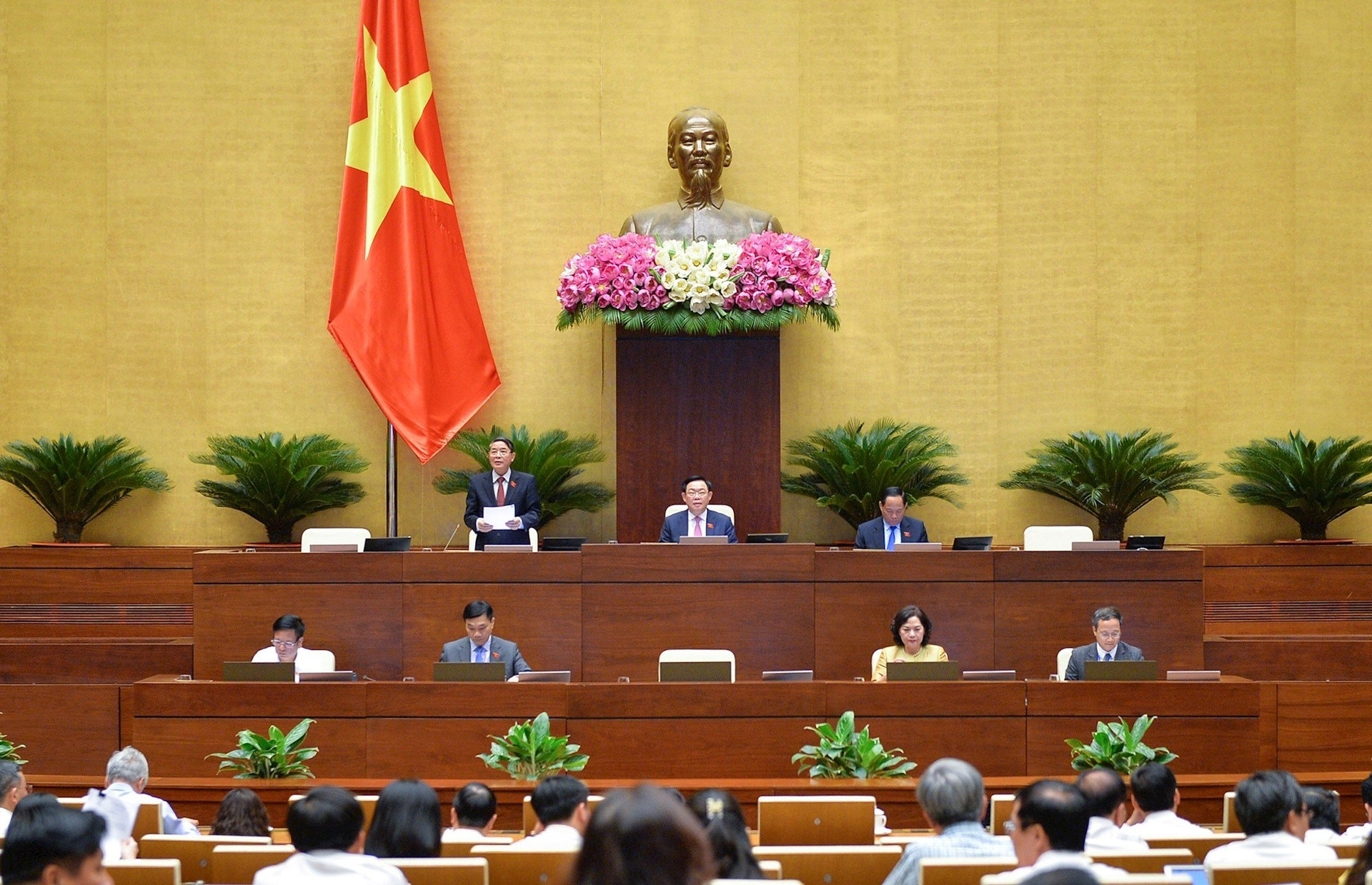
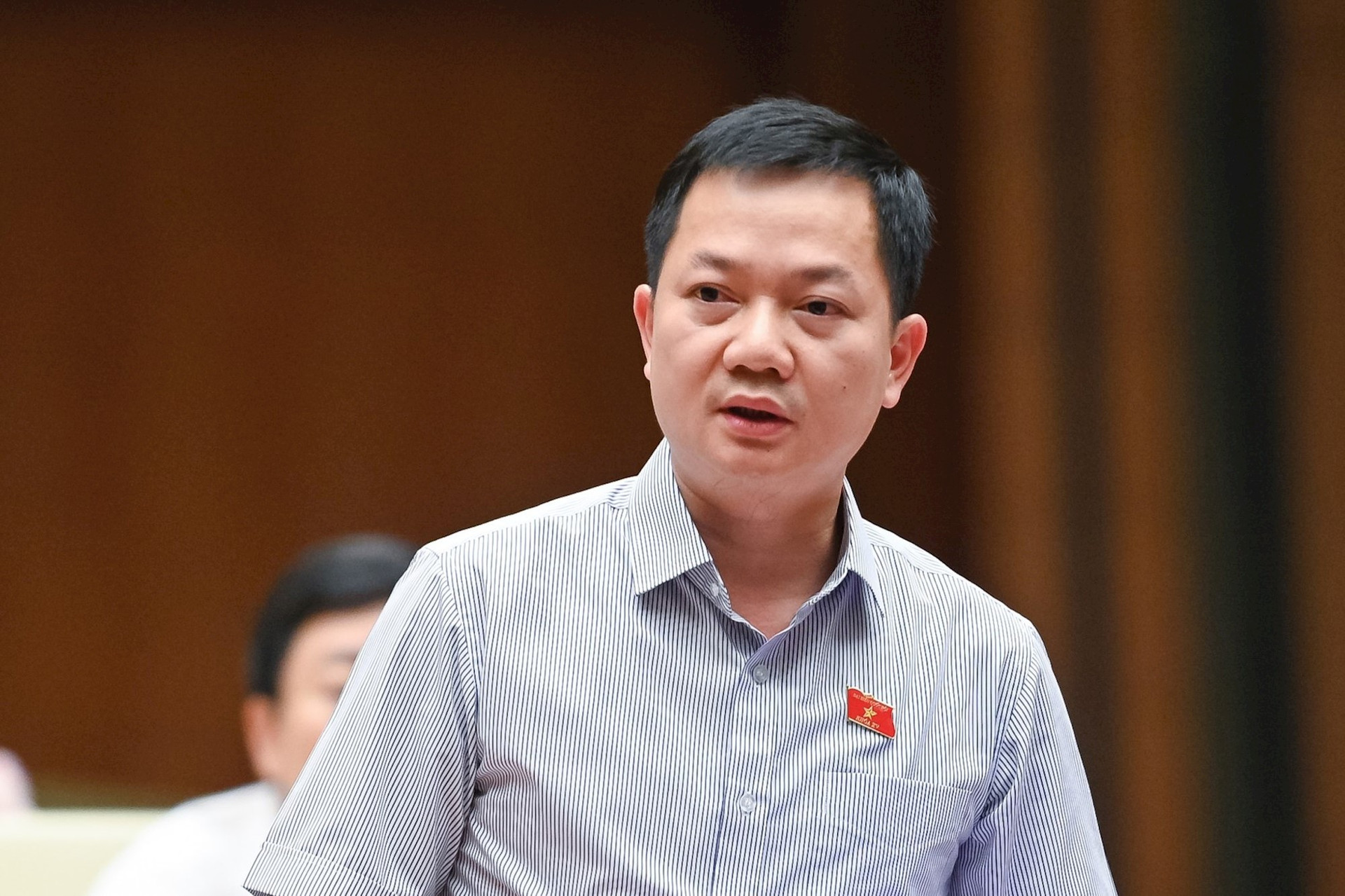
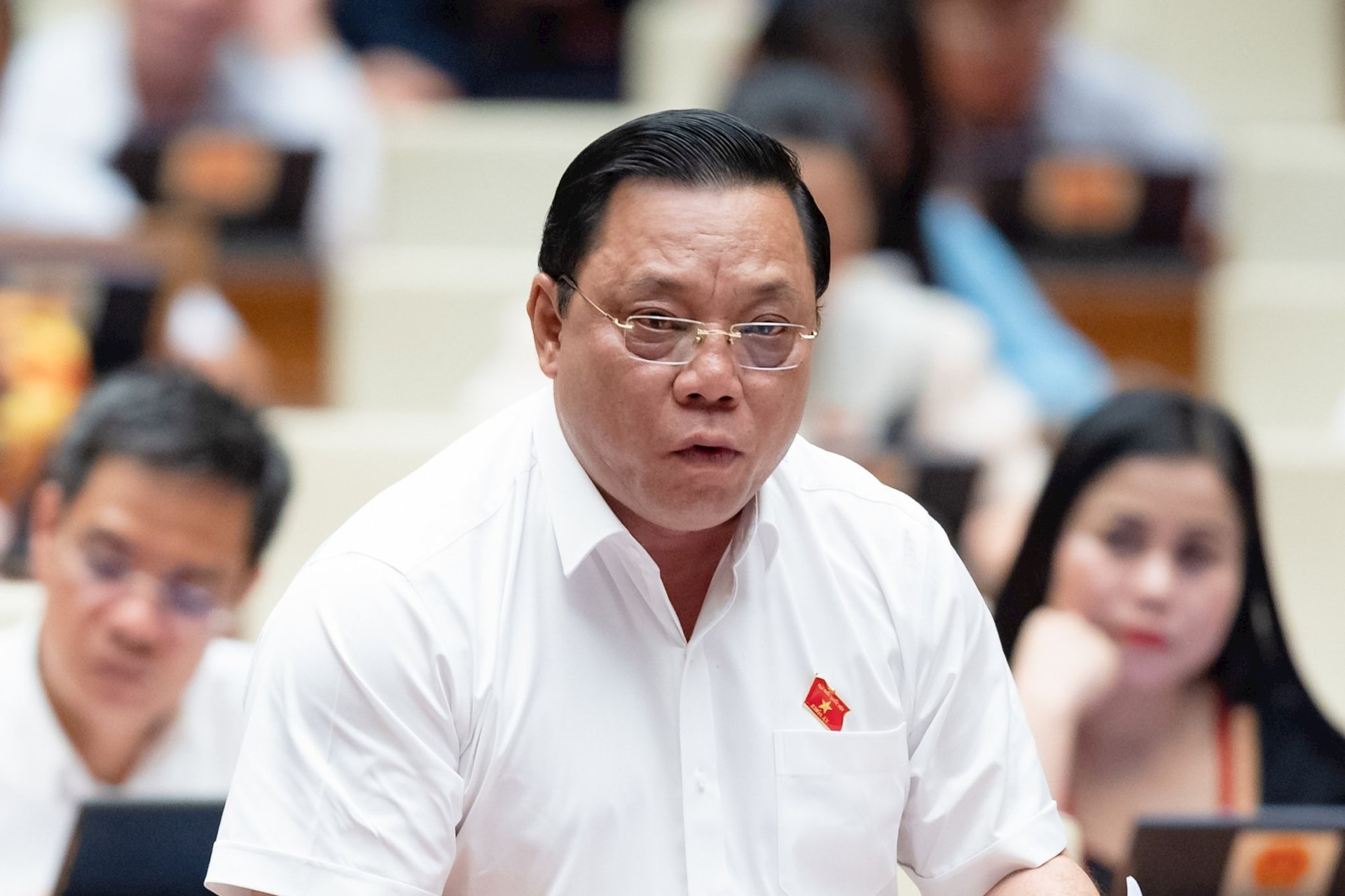
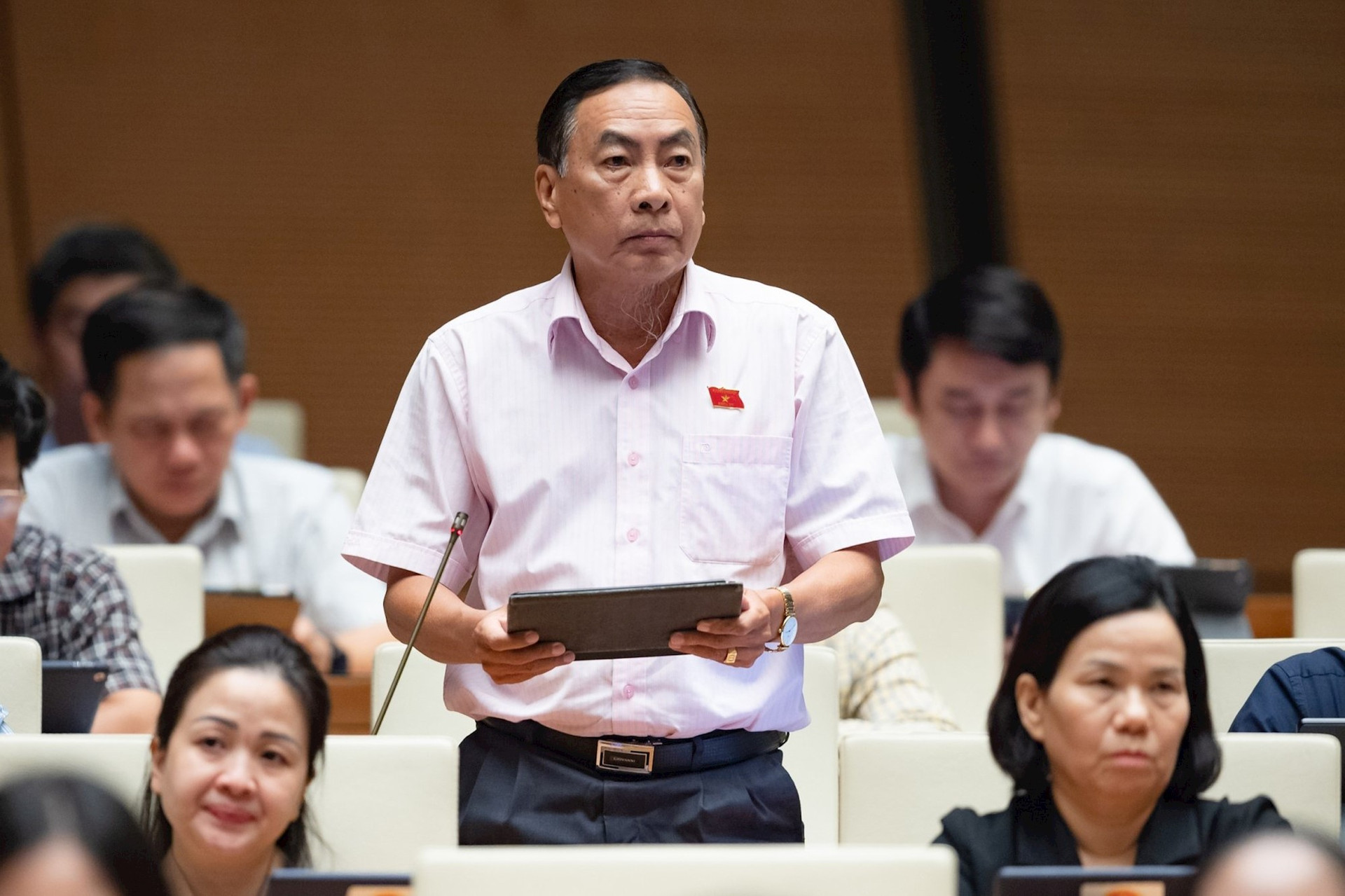
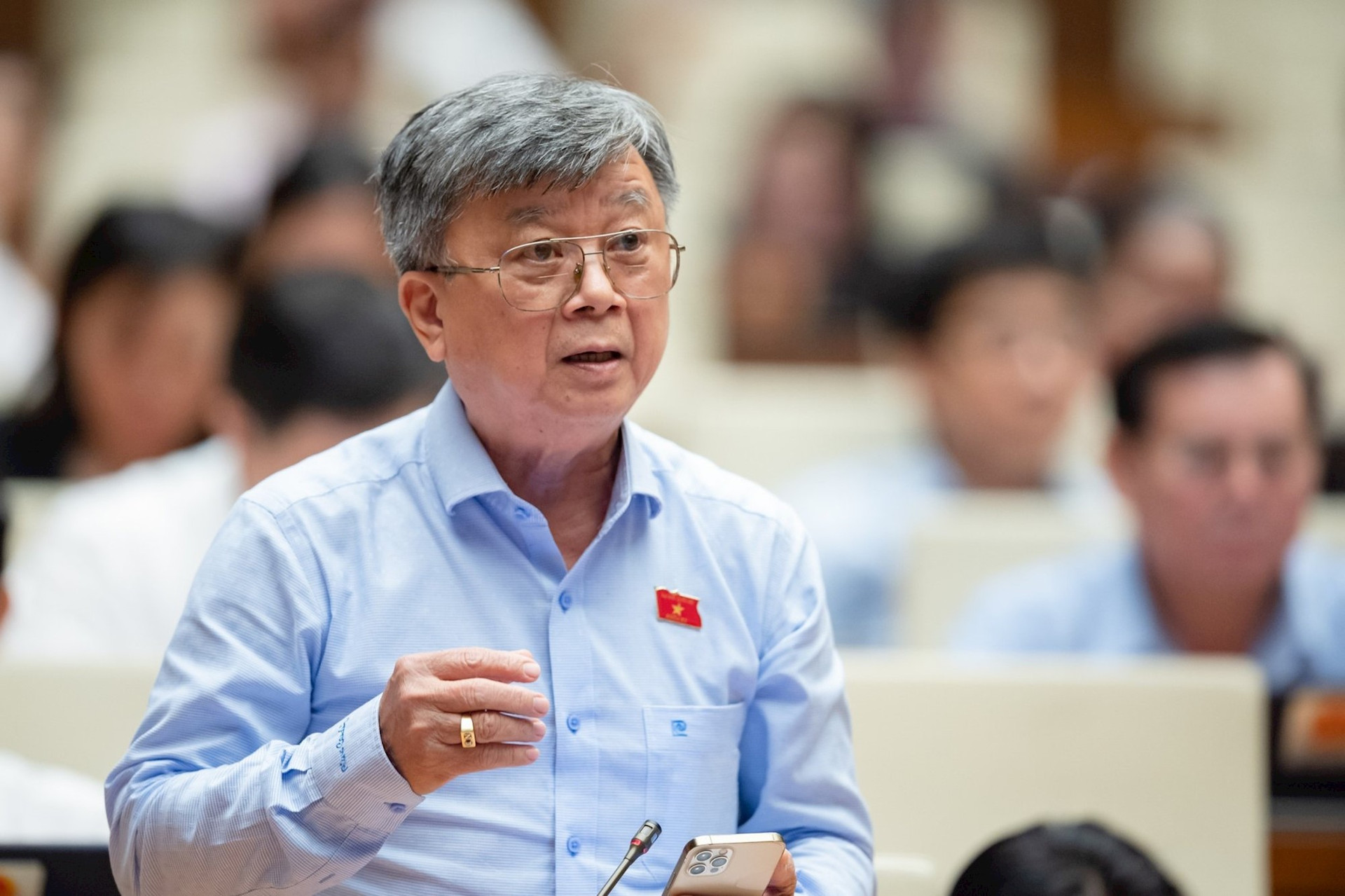
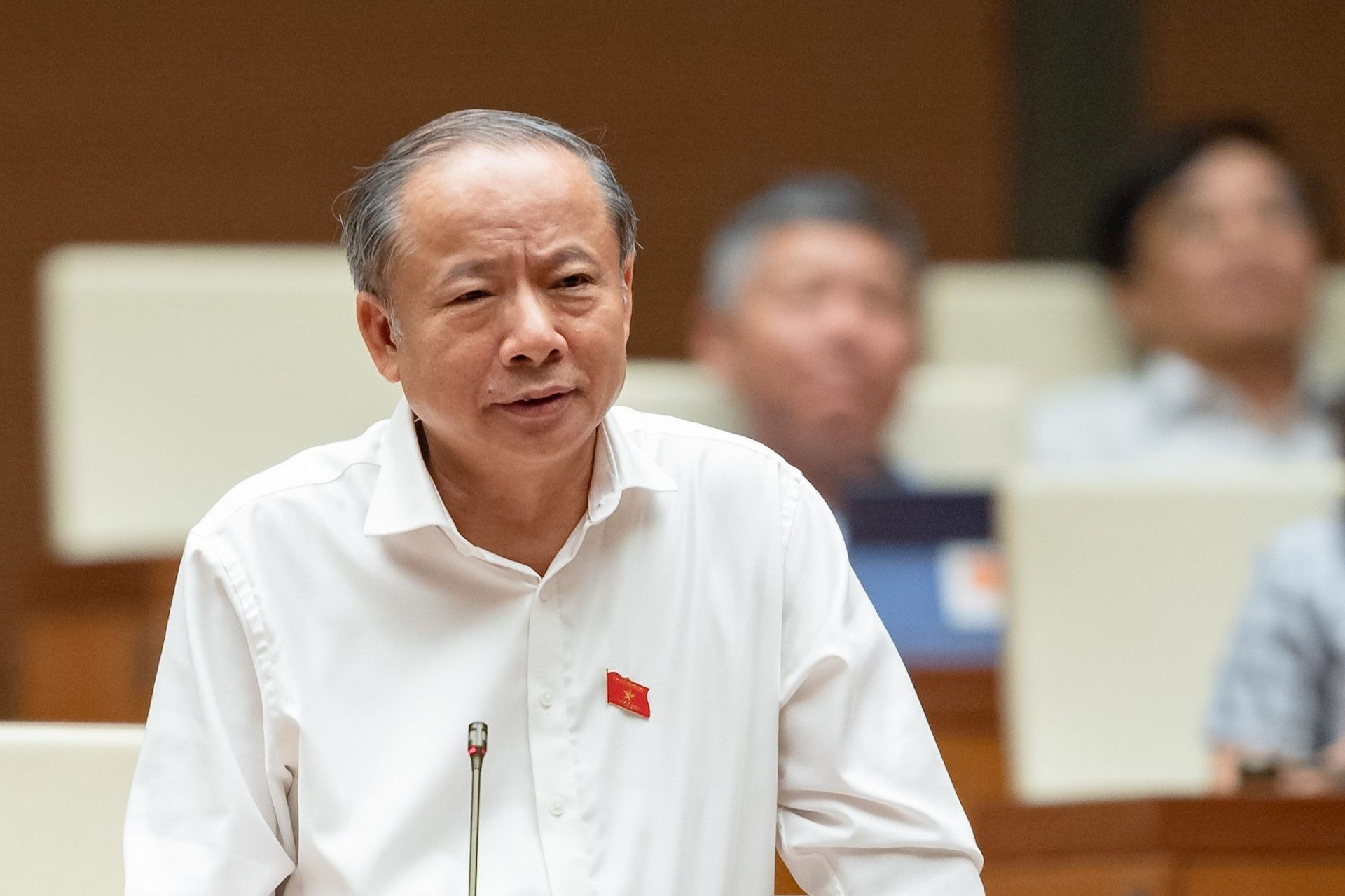




![[Photo] Da Nang: Water gradually recedes, local authorities take advantage of the cleanup](https://vphoto.vietnam.vn/thumb/1200x675/vietnam/resource/IMAGE/2025/10/31/1761897188943_ndo_tr_2-jpg.webp)




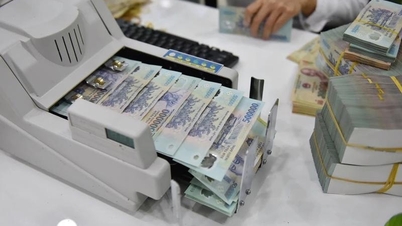

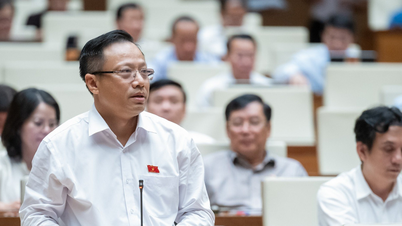




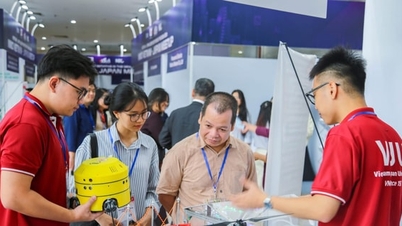

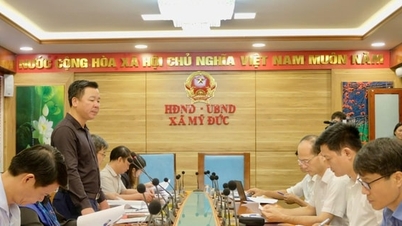

















































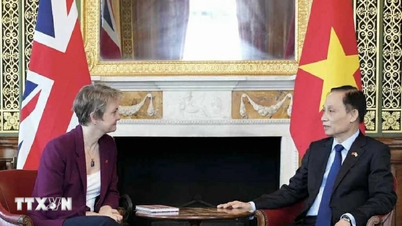













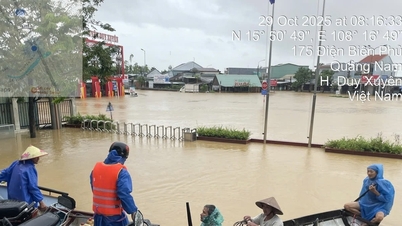























Comment (0)